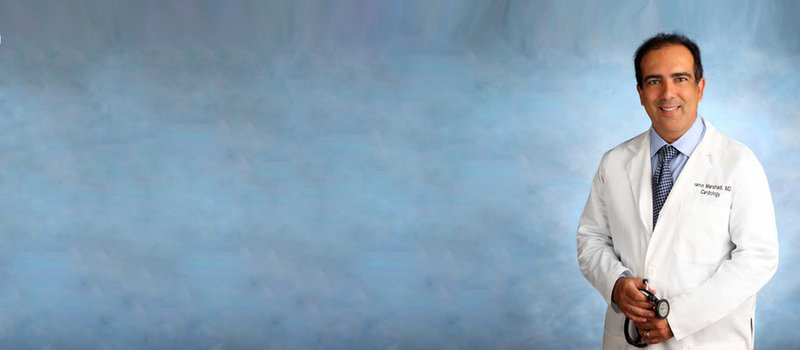
The leading cause of death in the United States for decades has been cardiovascular disease. Fortunately, cutting-edge cardiology advancements have occurred with interventional and non-interventional treatments but what needs to be stressed is wellness and prevention.
The Healthy People initiative is a program overseen by the Department of Health and Human Services. The goal is to set up objectives over a decade to create new benchmarks that improve quality of life. In 2020, we will embark on new goals and objectives. That is, where have we been and what should we expect over the next decade. This includes what has been our success and in which areas do we still need to improve upon. Overall we have performed quite well in improving the outcomes with patients who have cardiovascular disease, but we must improve our Risk Factor burden reduction.
The area in which we have succeeded the most over the last decade has been in the speed in which we are able to open up blocked arteries secondary to myocardial infarction. The quicker we achieve potency of the artery, the better the survival of the patient. We have been successful in reperfusion therapy for stroke patients under 3 hours. Areas that need improvement include the LDL cholesterol to target goal for patients that have a history of coronary artery disease.
We also must improve patient compliance. A 2009 study has shown that out of every 100 patients for whom a prescription was written, only 50% filled it at their pharmacy, only 25% took it as prescribed, and only 15% refilled their medications. There will also be external factors burdening our profession that will likely adversely affect our cardiac patients. Tim Attebarry, CEO of the American College of Cardiology, states that “Cardiologist manpower shortage will worsen. Approximately 30% of cardiologists will retire in the next 5-7 years. Cardiovascular groups will be forced to increase their utilization of apps (mid-levels).”Additionally, he states that there will be a shift of cath lab services from hospital-based to ambulatory centers. The quality of care initially may be compromised until full regulatory oversight is implemented or new strategies deployed.
Technologically, the national ACC Chairperson of the Innovation section, Dr. Regina Druz states that “In 2020, we are advancing to operationalizing the innovative ideas and learning from these experiences. I predict that we will see a substantial expansion in telecardiology services and further real-world evidence form the impact of machine learning and artificial intelligence in the cardiac imaging.”
This will be essential in treating congestive heart failure patients. As baby boomers age, there will be a surge of new heart failure patients. This will lead to virtual care and remote monitoring services for these patients. All heart failure metrics can be accessed through the cloud and sent to the cardiologist’s office. The patient can be managed remotely.
In interventional cardiology, we will see fewer elective coronary interventions based on the ISCHEMIA trial, but we will see more structural heart procedures such as TAVRs, mitral valve clips, and more in this arena.
The practice of CV medicine will most likely shift back to private practice. Over the last decade, a significant number of practices have been sold to hospitals and hospital systems. We are now seeing a reverse trend of this behavior. In general, the overall payment and reimbursement will be changing. The model is changed from fee-for-service to a value-based payment system. There will be opportunities for cardiologists to directly contract with payers and self-insured employers for managing cardiovascular patients.
Overall, innovation and technology advancement will help fill the void created by cardiologist shortages over the next decade.
The practice of CV medicine will most likely shift back to private practice. Over the last decade, a significant number of practices have been sold to hospitals and hospital systems. We are now seeing a reverse trend of this behavior.
Cardiology in 2020
By Ramin Manshadi,

MD, FACC, FSCAI, FAHA
Manshadi Heart Institute, Inc, Stockton, California
Author of the book: The Wisdom of Heart Health
Dr. Ramin Manshadi is an interventional and Sports Cardiologist. He is the owner and founder of Manshadi Heart Institute, inc out of Stockton, California. He is currently an Associate Clinical Professor at UC Davis Department of Medicine and an Adjunct Professor of Cardiology at Stanford. He is the immediate Past President of the California Chapter of American College of Cardiology. He is also the Team Cardiologist for the Sacramento Republic professional Soccer team.
Ramin Manshadi
MD, FACC, FSCAI, FAHA

